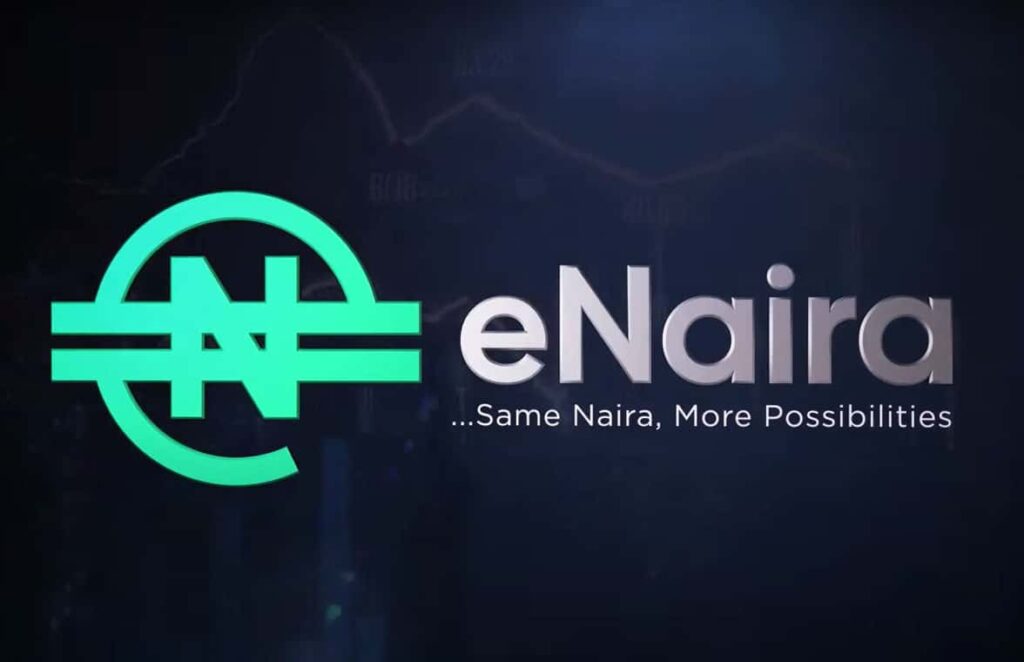Introduction
In October 2021, the Central Bank of Nigeria (CBN) introduced the eNaira, a digital currency designed to complement the physical naira. This groundbreaking financial innovation holds the promise of delivering several substantial economic advantages to Nigeria.

Enhancing Financial Inclusion
One of the most promising benefits of the eNaira is its potential to significantly boost financial inclusion in Nigeria. By providing accessible digital currency through mobile phones, this innovation can bridge the financial gap for many Nigerians who previously lacked access to formal financial services. This newfound access empowers individuals to engage in savings, investments, and active participation in the country’s economic activities.
Reducing Transaction Costs
The eNaira offers a remarkable advantage in terms of reducing transaction costs, outperforming traditional banking methods and physical currency. Electronic transactions prove to be more cost-effective and efficient, creating substantial savings for both individuals and businesses. This, in turn, stimulates economic activity and encourages a more extensive adoption of formal financial services.
Empowering Monetary Policy
Digital currencies, like the eNaira, grant central banks improved tools for implementing monetary policies efficiently. Real-time monitoring of digital currency transactions allows central banks, including the CBN, to swiftly respond to economic fluctuations. This enhanced responsiveness leads to more effective control of inflation rates, interest rates, and overall economic stability.
Facilitating International Trade
The eNaira’s digital nature makes it an ideal facilitator for cross-border trade. Its ability to expedite and reduce the cost of international transactions can significantly benefit Nigerian businesses looking to engage in global trade. As a result, the country can experience an uptick in exports, contributing to economic growth and prosperity.

Formalizing the Informal Economy
Digital currency adoption can encourage the formalization of economic activities that once existed solely within the informal sector. This transition toward formalization has several advantages, including increased government tax revenue and more accurate economic data, which can inform effective policymaking.
Challenges and the Way Forward
Despite its potential benefits, the eNaira faces several challenges on its path to widespread adoption:
Awareness Gap
A substantial portion of the Nigerian population remains unaware of the eNaira and how to utilize it effectively. To address this, a comprehensive awareness campaign is imperative to promote its usage and benefits.
Technical Hurdles
Reports have surfaced regarding technical challenges associated with the eNaira, including slow transaction speeds and accessibility issues. Resolving these technical impediments is paramount to ensuring a seamless user experience.
Security Risks
Digital currencies are susceptible to various security risks, such as fraud and cyberattacks. It is imperative to implement robust security measures to safeguard users and maintain trust in the system.
Conclusion

While the eNaira presents several economic advantages, including enhanced financial inclusion, reduced transaction costs, and more effective monetary policy implementation, overcoming challenges is essential. With increased awareness, technical improvements, and enhanced security measures, the eNaira has the potential to positively impact Nigeria’s economy, fostering financial inclusion, stability, and overall prosperity.
















